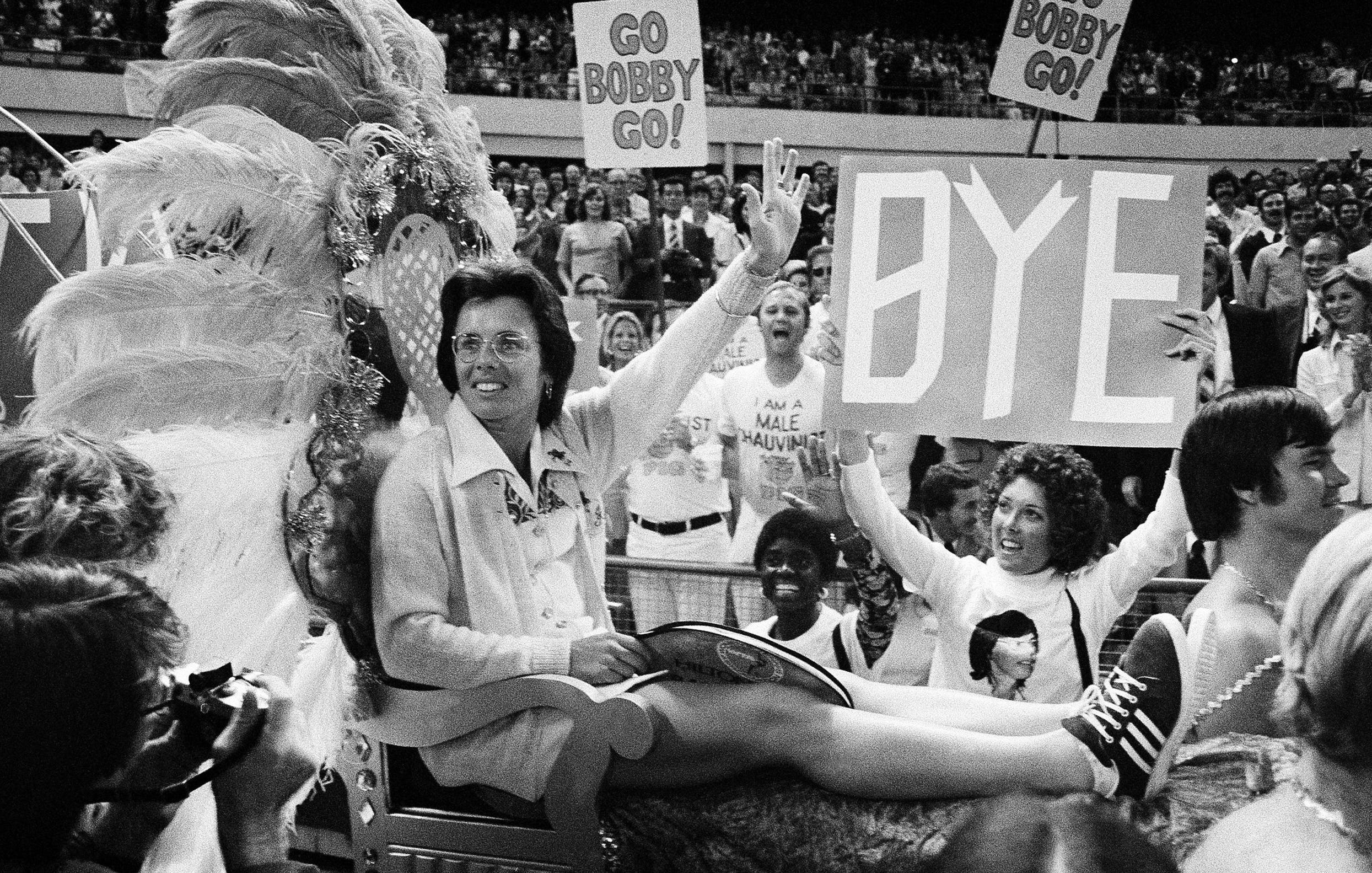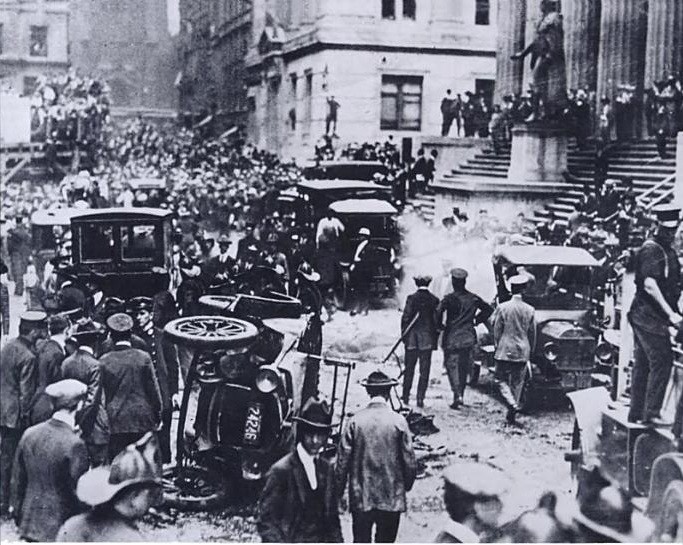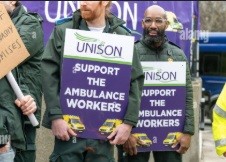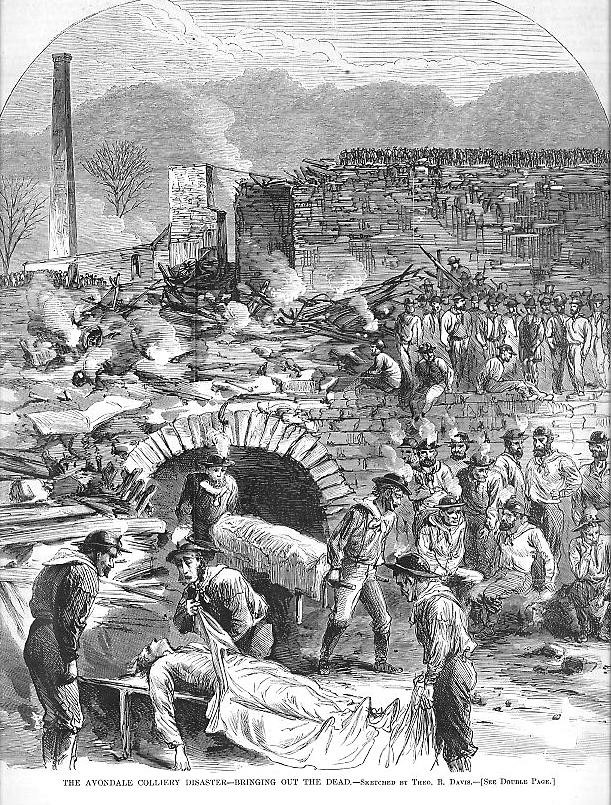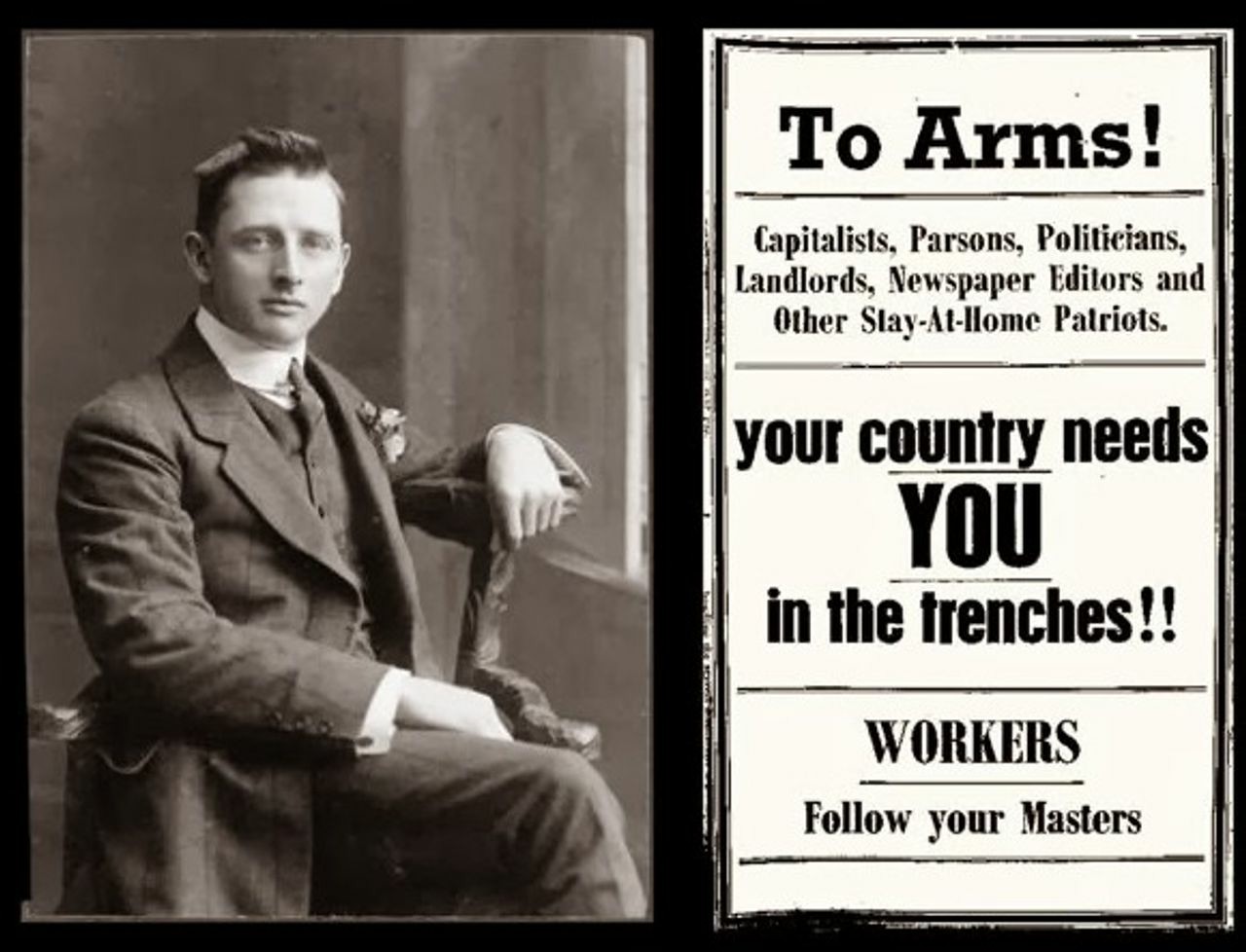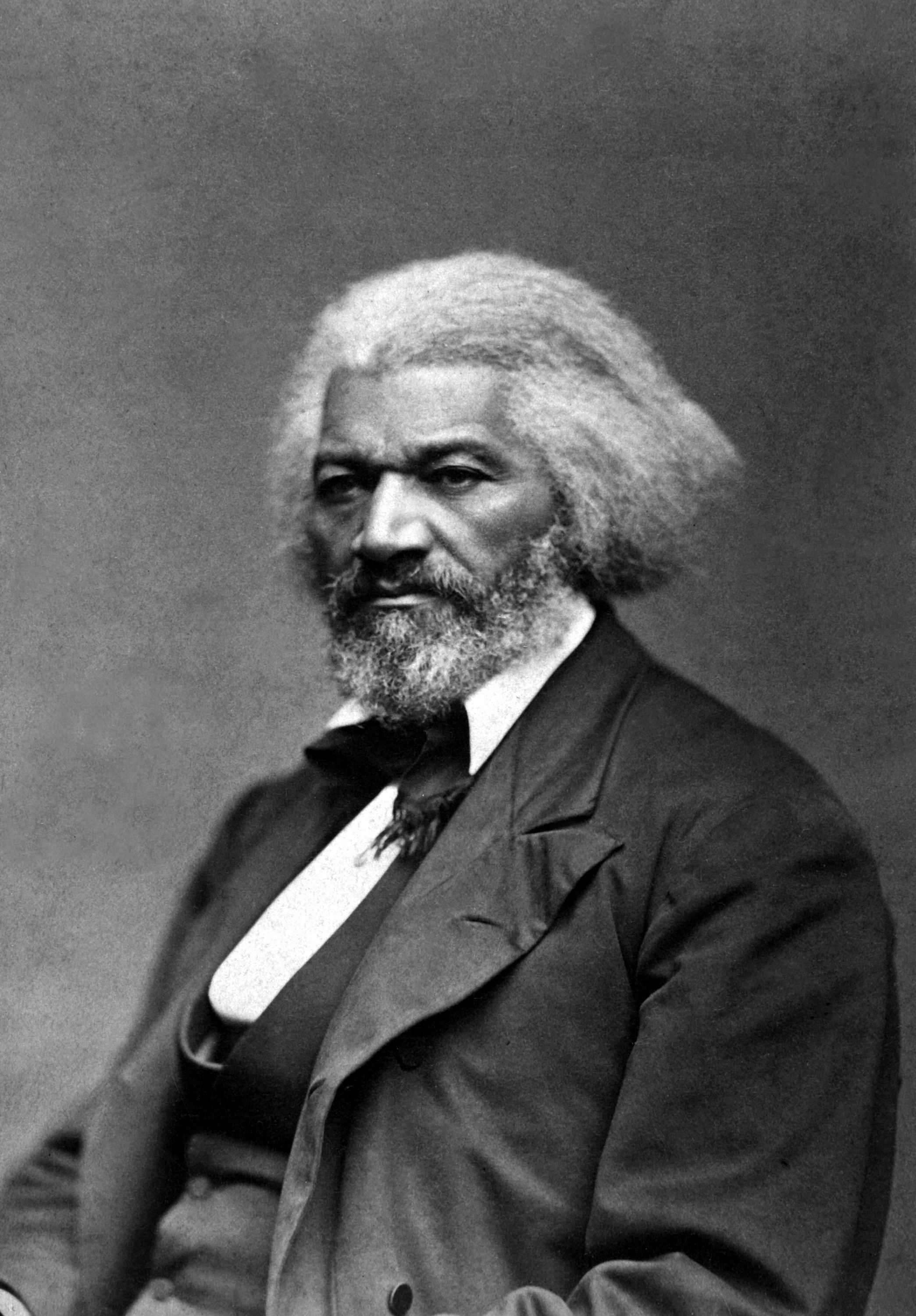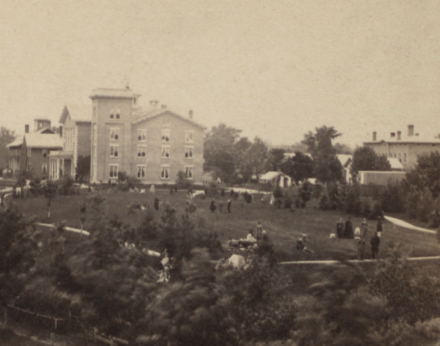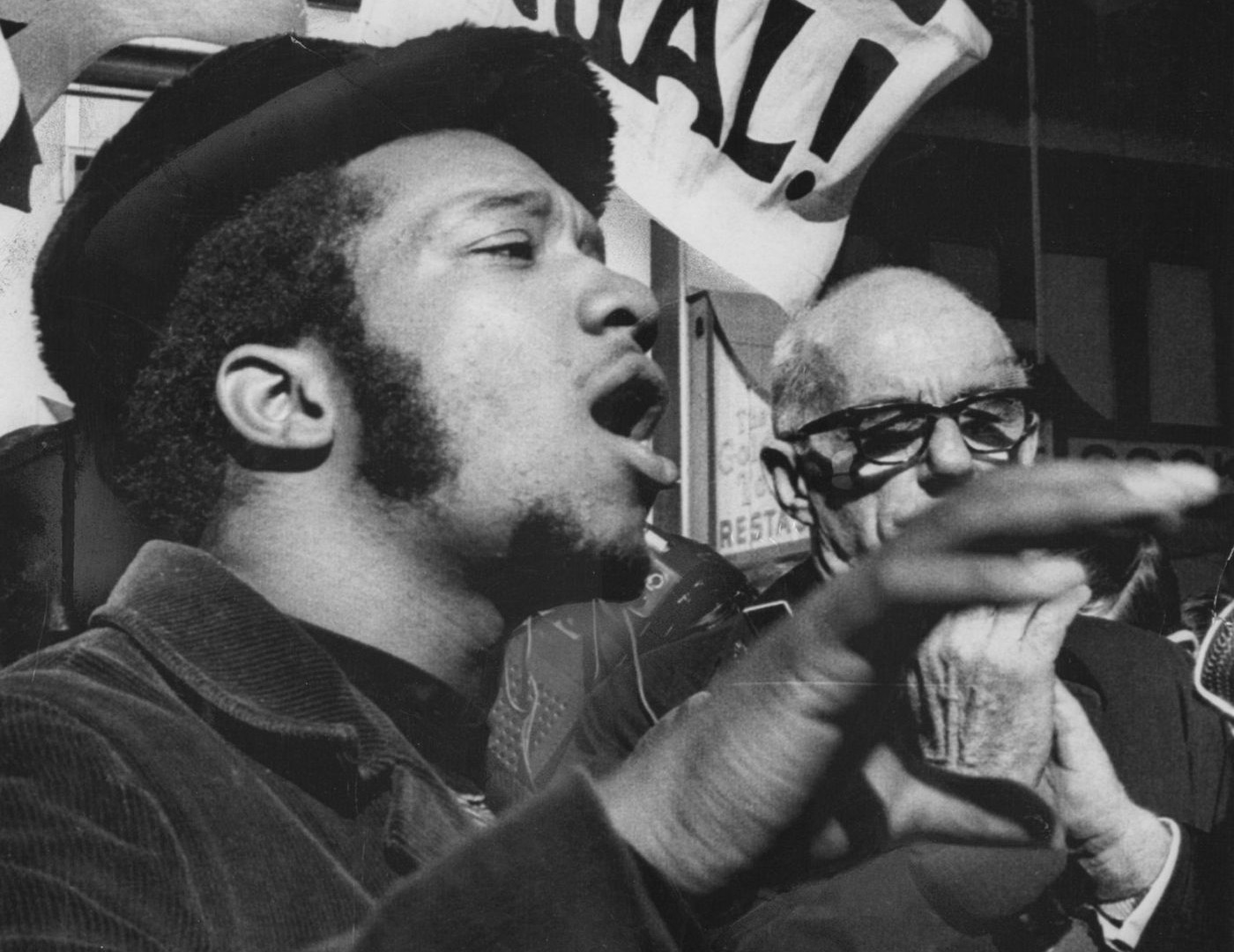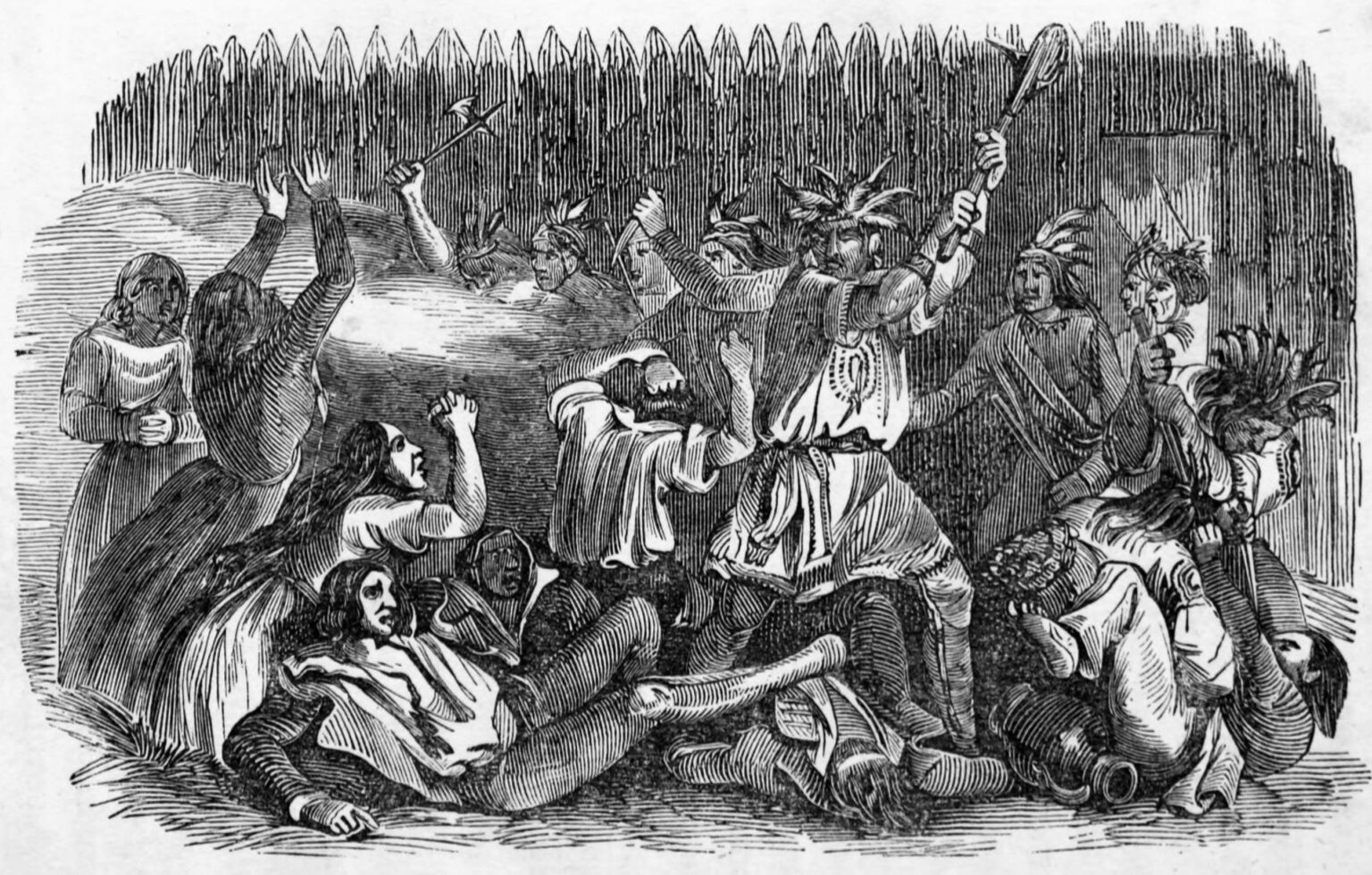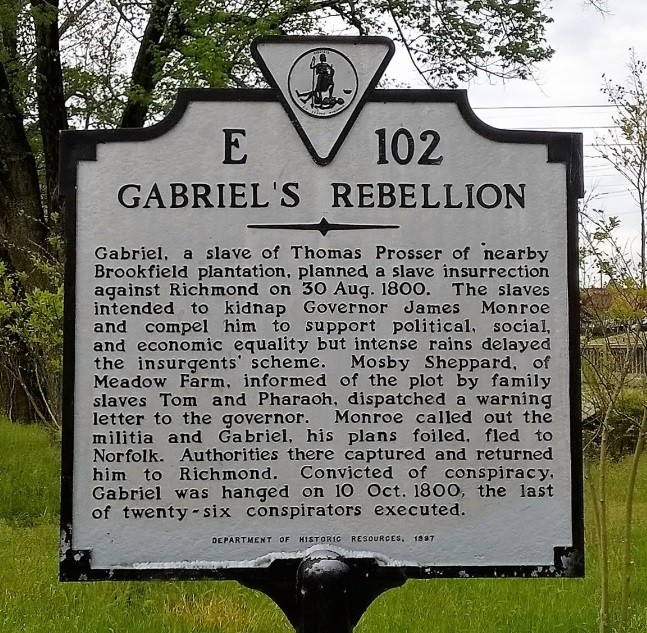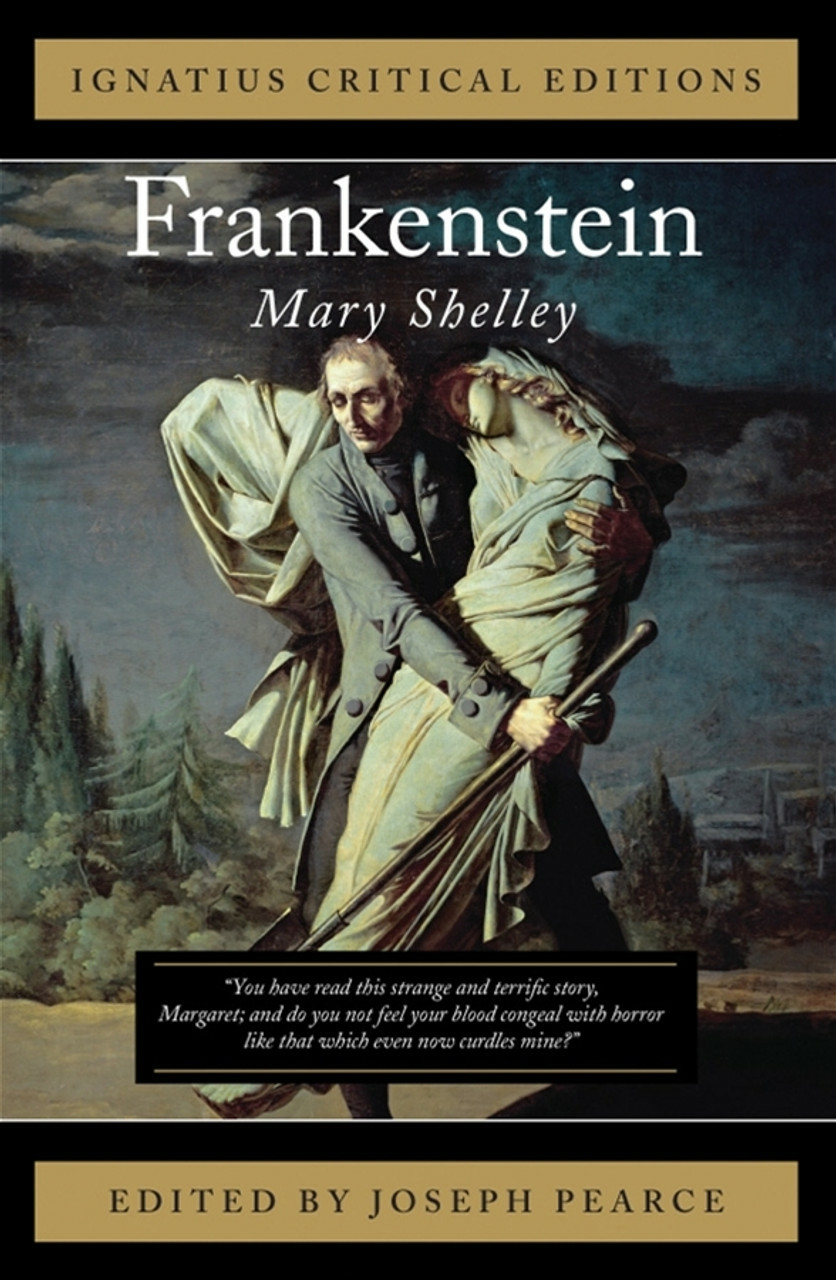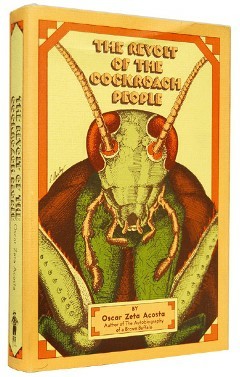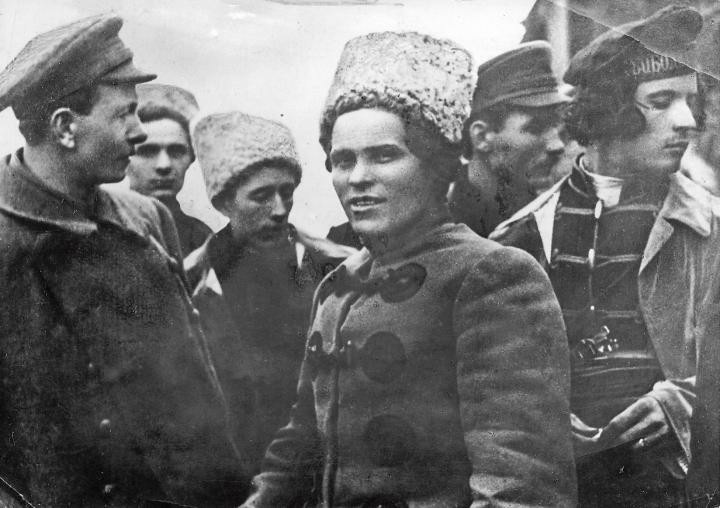Today in Labor History September 20, 1973: Billie Jean King beat Bobby Riggs in the Battle of the Sexes tennis match at the Houston Astrodome. King (29) beat Riggs (55) in three sets. Riggs had beat Margaret Court four months earlier. King was currently in her 7th year as the number one ranked woman tennis player in the world. She entered the court on a feather-adorned litter carried by four bare-chested muscle men dressed like ancient slaves. Riggs followed in a rickshaw drawn driven by models. He gave King a giant Sugar Daddy lollipop, and she responded by giving him a squealing piglet to symbolizes sexism. King, an advocate for gender equality and social justice, along with nine other women, formed the Virginia Slims Series to end the pay inequality between male and female tennis players. It evolved into the Women’s Tennis Association (WTA).
Today in Labor History September 20, 1973: Billie Jean King beat Bobby Riggs in the Battle of the Sexes tennis match at the Houston Astrodome. King (29) beat Riggs (55) in three sets. Riggs had beat Margaret Court four months earlier. King was currently in her 7th year as the number one ranked woman tennis player in the world. She entered the court on a feather-adorned litter carried by four bare-chested muscle men dressed like ancient slaves. Riggs followed in a rickshaw drawn driven by models. He gave King a giant Sugar Daddy lollipop, and she responded by giving him a squealing piglet to symbolizes sexism. King, an advocate for gender equality and social justice, along with nine other women, formed the Virginia Slims Series to end the pay inequality between male and female tennis players. It evolved into the Women’s Tennis Association (WTA).
#workingclass #LaborHistory #feminism #billyjeanking #tennis #equalpay #gender

